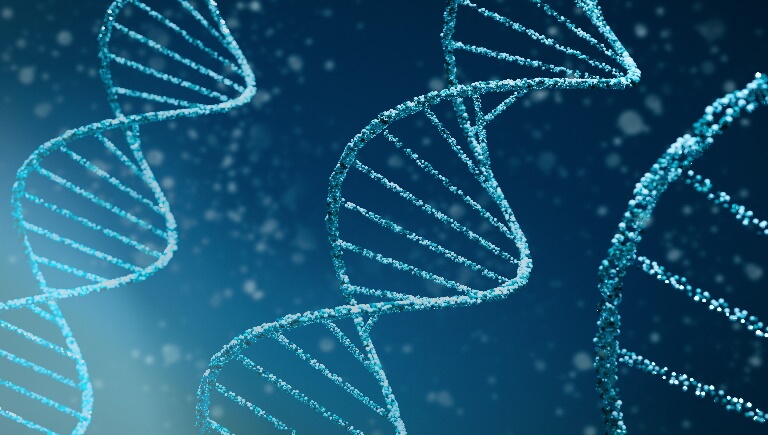Molecular Genomic testing is the process of observing all the genes that makes up an organism, otherwise known as a genome. What makes genomic testing different from genetic testing is that it looks at all genes of an individual, rather than just focus on a set of genes or a specific gene. An individual has about 25,000 genes that make up around 3 billion DNA base pairs in the human body.
What is the Purpose of Molecular Genomic Testing?
Genomic testing searches for any alterations in the gene or in the genetic code. Since all cancers are caused by genetic changes, mutations or certain genetic codes of their cells, molecular genomic tests can be beneficial to diagnose the type and stage of cancer by identifying the specific pattern of genetic mutations in a person’s cancer.
They help doctors:
- Determine a patient’s prognosis and a potential outcome
- Determine the growth rate of the cancer, whether it be indolent or aggressive
- Choose a treatment that has been effective for other patients with the same gene mutation
- Monitor patients during treatment to determine treatment effectiveness
- Monitor patients in remission to catch possibly relapse early
Genomic testing can allow for doctors to determine the best course of treatments and chemotherapies in order to target a specific type of cancer. This targeting strategy can also help in preventing healthy cells from being damaged or harmed by therapies and reduce side effects.
How is Molecular Genomic Testing done?
Most commonly, molecular genomic testing is done by taking blood samples or a biopsy to look for inherited genetic chances, which is looking at the genetic makeup of individual’s genes and determining if there is an increased risk for cancer.
Is Molecular Genomic Tests right for me?
If you are considering molecular genomic tests, it is of best practice to talk to your oncologist in order to determine eligibility for genomic or other types of genetic testing. If any inherited mutation is found, healthcare professionals can help you understand the extent of you and your family’s risk and arrange risk reducing measures.
Resources


Write a Comment